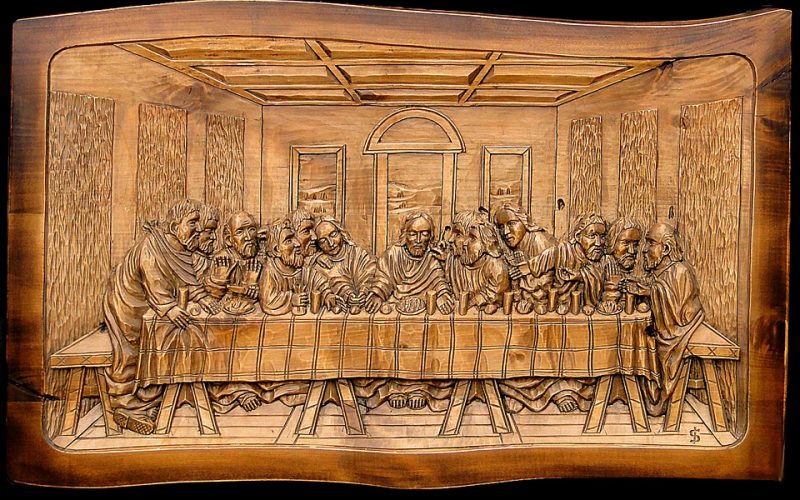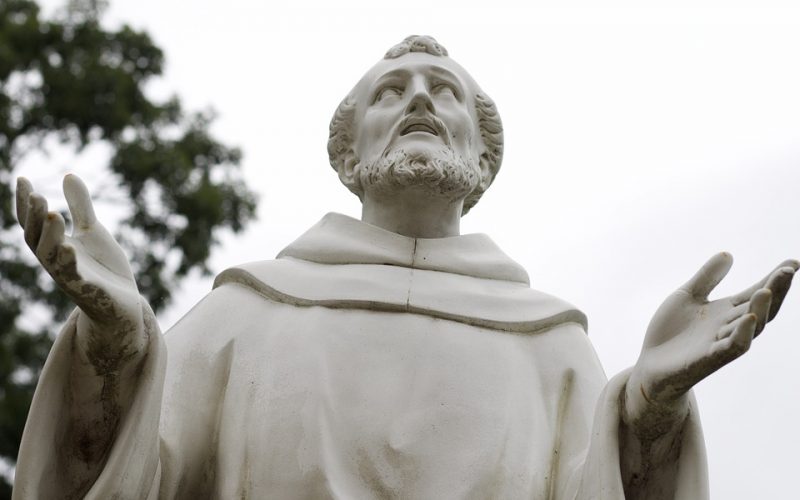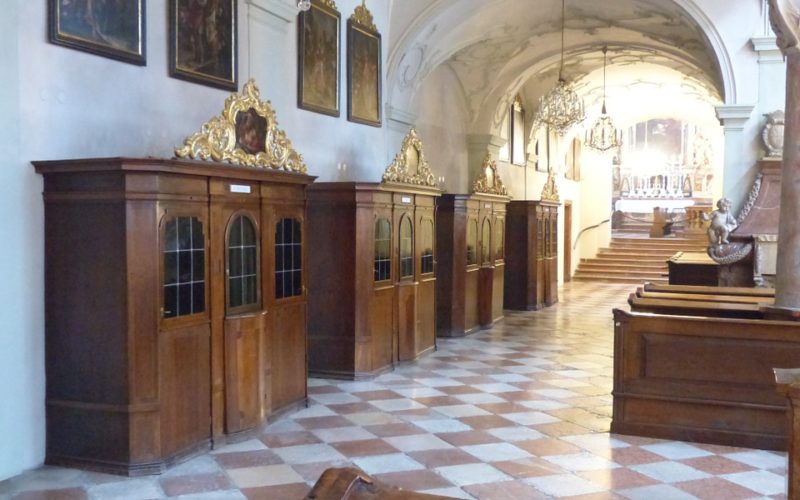Confession within the Lutheran Church
Martin Luther had many grievances with the Catholic Church, and one of the most important was about the way confession and absolution for sins was performed. At the time, a person who committed a venial sin could often pay their local priest for a dispensation that would allow them to be forgiven without the formal act of confession or penance. Luther believed the church was lowering itself in the eyes of God by allowing these practices, and he eventually formed his own church when these and his many others protests went unanswered.
Lutherans of today still have confession, but it is often done as a group at the beginning of a service. Some Lutheran churches have mostly done away with ritualized confession, but it does exist for those who feel the need for it. Martin Luther was a Catholic priest, and his belief in the ritual of confession to heal the sinner was absolute.
He reformed the parts of it he saw as wrong such as it being mandatory, requiring penance and the need to list each separate sin before forgiveness could be granted by God. He believed eliminating many of these requirements freed congregants to feel easier about confession, and he taught that they would be absolved of their sins as long as they were honest in the confessional.
Luther’s dedication to God and the Roman Catholic Church are seen in his reforming of this sacred rite. His teachings bridge the gap between two confessional extremes, so congregants have the option to confess and be heard by someone who can help them or speak directly to God. Churches that have rejected the need for people to speak to a priest have given them freedom to confess whenever they are ready, and the Catholic Church gives its members a feeling they have completed their own redemption by doing their penance.



